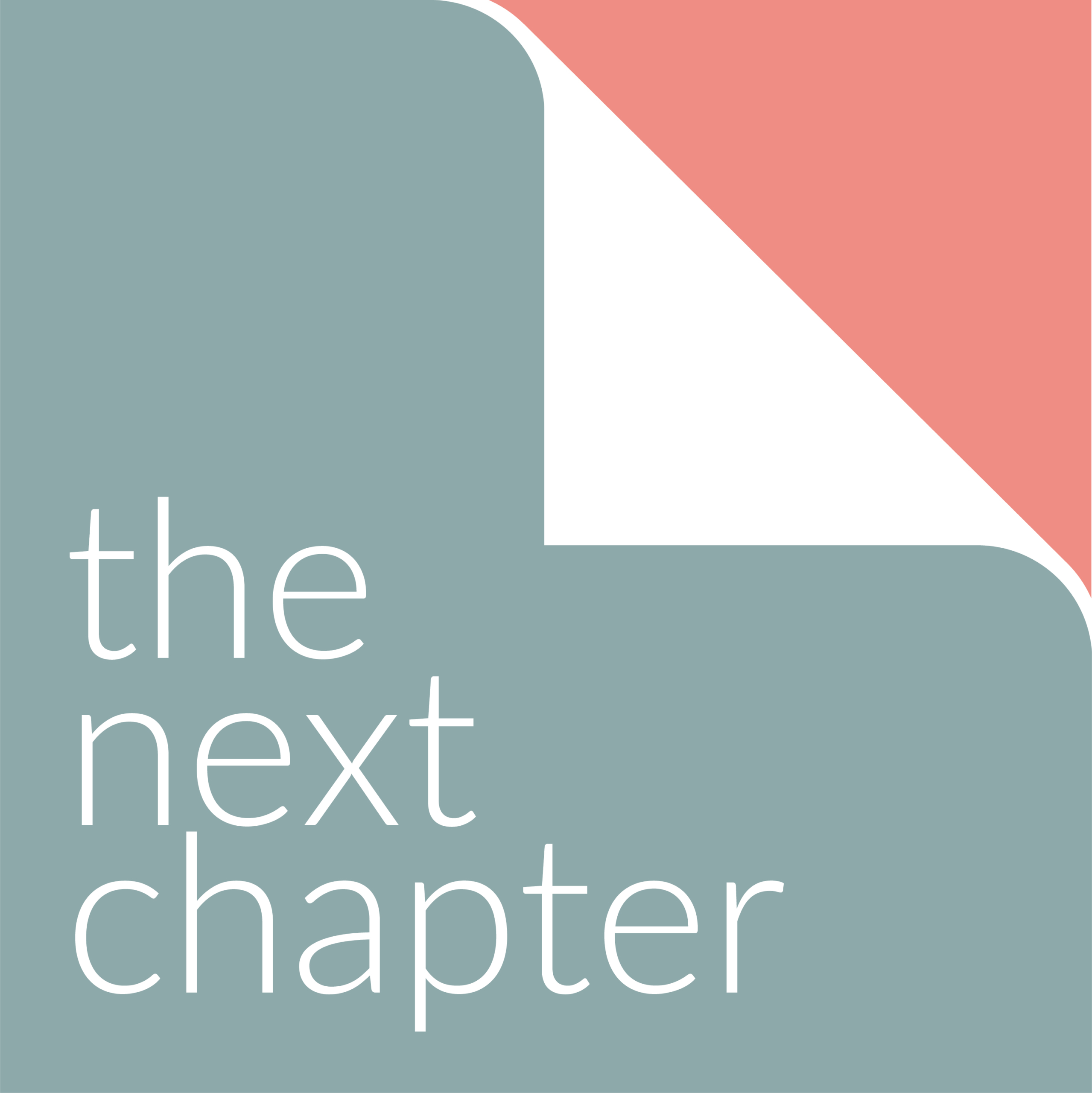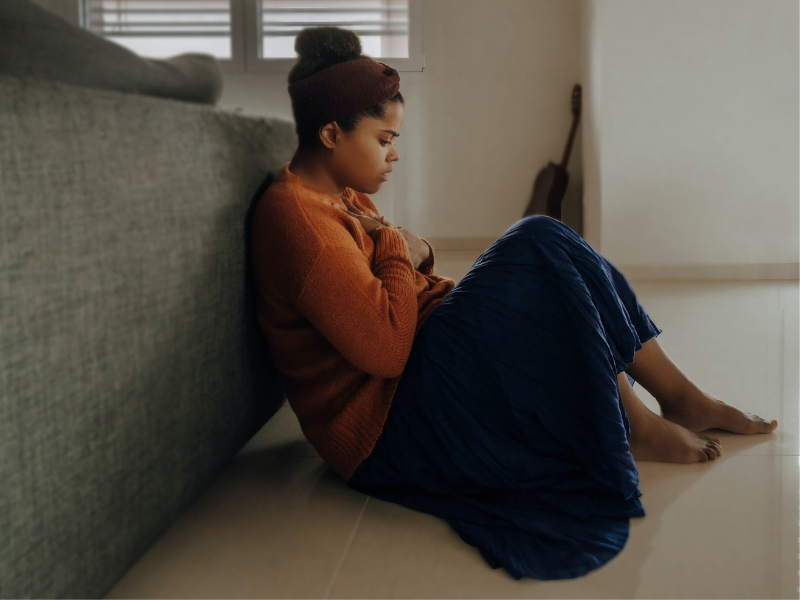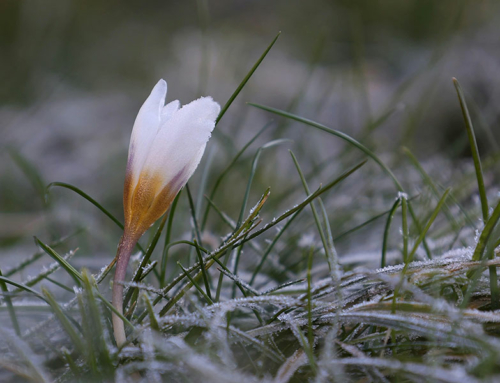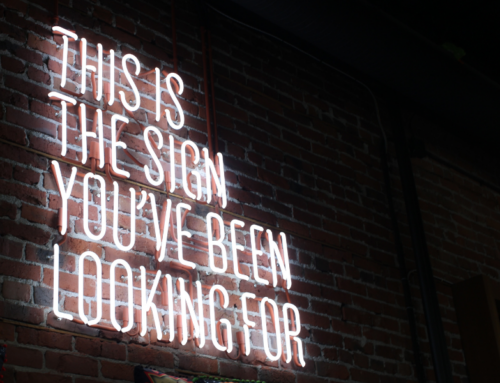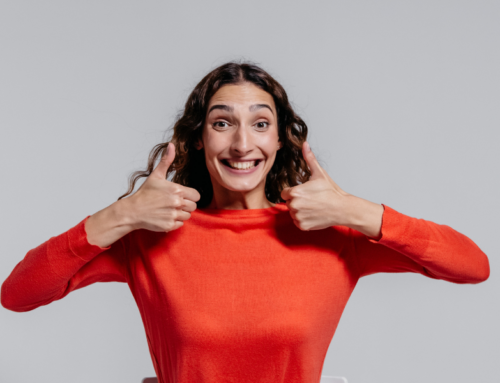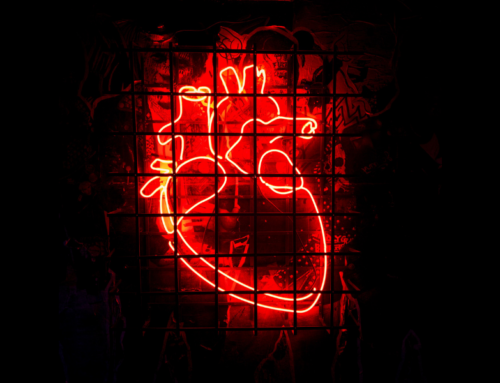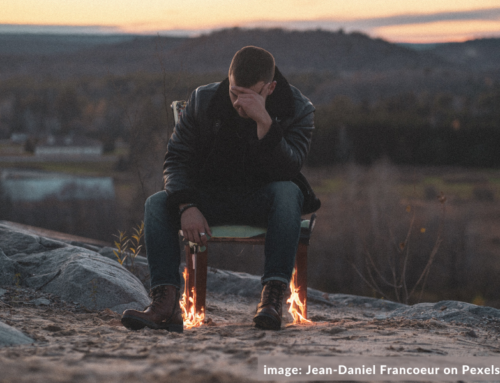Anyone else waking up in the early hours with apocalyptic thoughts? Or attention hopping away from alarming statistics, on to something – anything – that feels more manageable than the climate crisis and its intersecting impacts? Eco-anxiety can easily turn into overwhelm, avoidance, denial and despair.
I can’t say I’ve got the answers, but I do know that I have to be extremely careful about what I read in order to face it without becoming overwhelmed. So here’s my top 6 picks if you are feeling ‘eco-anxiety’.
three books to read for yourself:
- A Guide to Eco-Anxiety – written by a therapist, this book is particularly good on what anxiety is and how to understand it (and use it) in relation to the climate crisis
- The Afrominimalist’s Guide to Living With Less – a very thoughtful enquiry into why we tend to acquire more than we need (when we have the chance) and how intentionally living more simply is not a penance, in fact “less is liberation”
- Hope in the Dark – short but definitive guide to a meaningful kind of hope, by writer, historian and activist Rebecca Solnit.
three to read for context and insight:
- The Nutmeg’s Curse – in telling the history of this spice, writer Amitav Ghosh gives a profound and lyrical critique of colonialism and growth economics (paperback due out in October)
- Doughnut Economics – a guide to an alternative economic model that meets human needs safely within the parameters of life on earth, by economist Kate Raworth
- something about Indigenous science and teachings, for example Braiding Sweetgrass, Reclaiming the Commons, or the Kinship: Belonging in a World of Relations series: Planet, Place, Partners, Persons, Practice (I am cheating here, bundling multiple suggestions in one).
I really wanted to include the anthology All We Can Save (edited by Dr. Ayana Elizabeth Johnson and Dr. Katharine K. Wilkinson) as well, but the publisher keeps running out of stock. Have a look out for it on bookshop shelves, and you can also click here to go to the project website or follow @allwecansave on Instagram
As well as the books above, I wholeheartedly recommend you seek out positive news and solutions journalism.
turning anxiety to action
Traditional media and social media both prioritise ‘bad news’ over ‘good news’. Shaped by this, people often feel that the ‘bad’ stories carry more importance or truth than the ‘good’ ones, and that positive news is somehow trivial. As with all things, it’s not as binary as that. Solutions journalism reports on problems in a solution-focused way, sharing news of successful projects and spreading good ideas. This is useful, energising information – it builds people’s skills, confidence and motivation to act on a problem, instead of feeling stuck or helpless. It’s a mindset shift, similar to solution-focused therapy or coaching.
Solutions journalism is always important, and especially so on the climate, as despair is no more use than denial. The Not Too Late project is a good example, and try your local Transition Network group for stories close to home.
There is a power of good work being done by people all across the world – all of which is as true and real as the problems they are working on. And there is a role for everyone, in whatever way you can show up at the moment:
“It’s time to change our mindset toward implementing solutions. A vibrant, fair, and regenerative future is possible— not when thousands of people do climate justice perfectly but when millions of people do the best they can.”
(Xiye Bastida from her essay ‘Calling in’ in the All We Can Save anthology)
All book links take you to our pages on Bookshop – the platform for independent bookshops.
If you buy a book from these links, we get 30% of the sale, which we put towards providing low-cost counselling and other wellbeing services. So your book contributes to your wellbeing (we hope) and to others’ too.
Please email info@thenextchapter.org if you have any questions about the books or would like to get some personalised recommendations.
